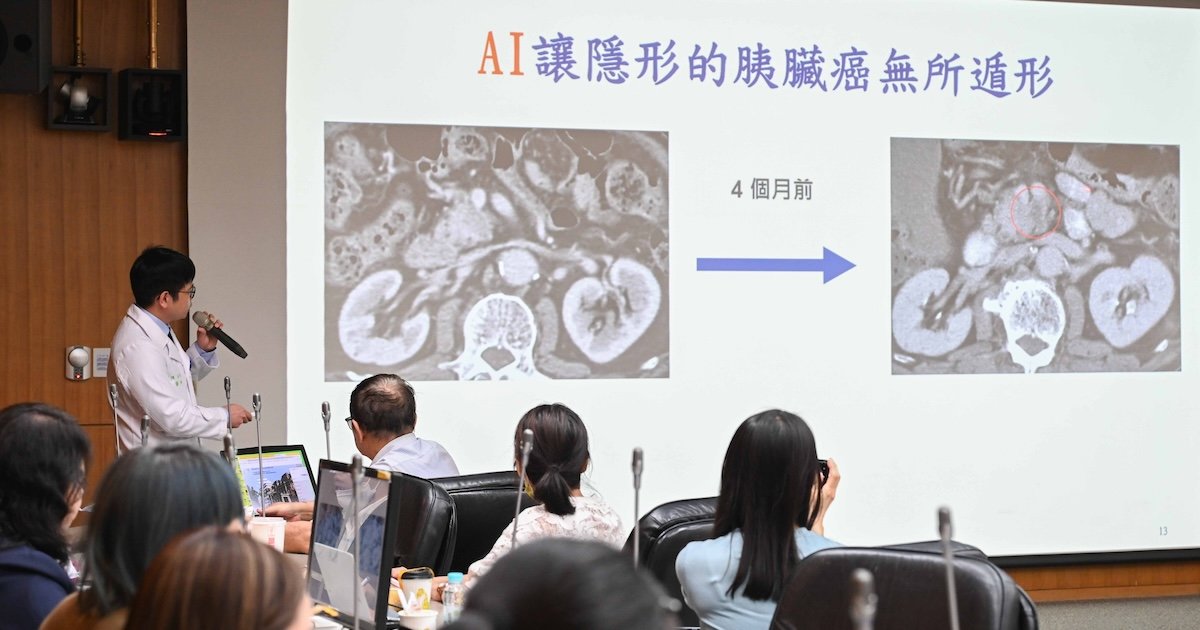National Taiwan University Hospital (NTUH) has introduced an innovative AI-driven diagnostic imaging service specifically for pancreatic cancer.
This service, available as a self-pay option at the NTUH Department of Medical Imaging since late 2024, features an AI system recognized as a pioneering solution globally.
Overview of the AI System
The PANCREASaver, developed in collaboration with the Institute of Applied Mathematical Sciences at National Taiwan University, utilizes deep learning algorithms and a comprehensive multi-image training dataset. It is designed to:
- Automatically analyze CT scans
- Delineate the pancreas
- Identify suspicious lesions
This system integrates seamlessly with NTUH’s PACS and is accessible across various departments, including gastroenterology, surgery, and oncology.
In national clinical validation trials, the AI demonstrated:
- 80% sensitivity in detecting early-stage pancreatic tumors smaller than 2 centimeters
- Overall diagnostic accuracy exceeding 90%
The technology has received regulatory approval from the Taiwan Food and Drug Administration and a breakthrough device designation from the U.S. Food and Drug Administration.
Importance of Early Detection
According to NTUH, pancreatic cancer is one of the most difficult cancers to diagnose and treat, with increasing mortality rates in Taiwan and a five-year survival rate of approximately 10%. Early-stage tumors, particularly those under 2 cm, are often undetectable by the human eye, leading to about 40% of lesions being missed.
The research team developed the PANCREASaver to tackle these diagnostic challenges effectively.
Future plans include expanding the system’s capabilities to address other pancreatic-related conditions, such as pancreatitis and pancreatic cystic lesions, while incorporating additional multi-modal imaging and clinical data to enhance diagnostic accuracy.
Broader Context
Similar advancements are being made globally, such as the AI-driven solution for early pancreatic cancer detection developed by Fujitsu in collaboration with the Southern Tohoku General Hospital in Japan.
Additionally, NTUH is advancing its large language model development, having acquired two new supercomputers to integrate diverse data types into its AI systems, aiming to optimize operations and improve patient services.
